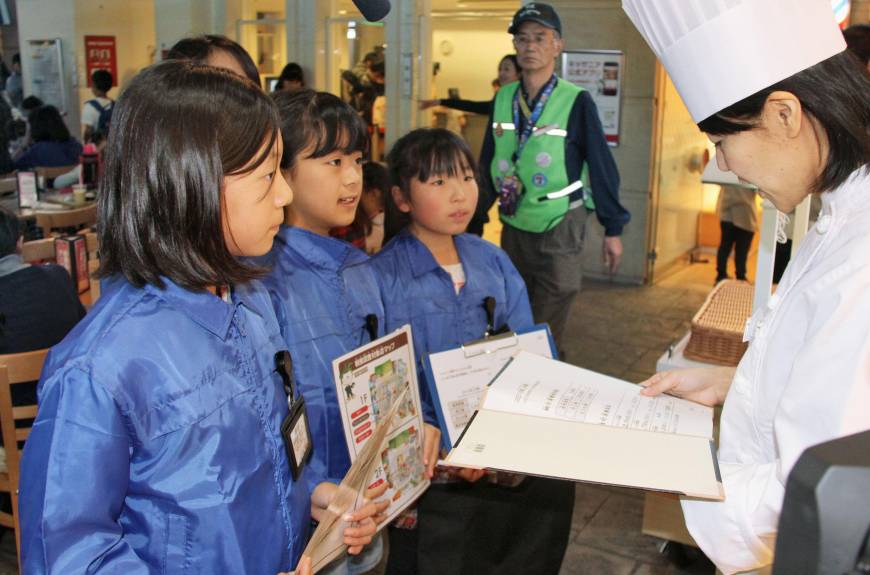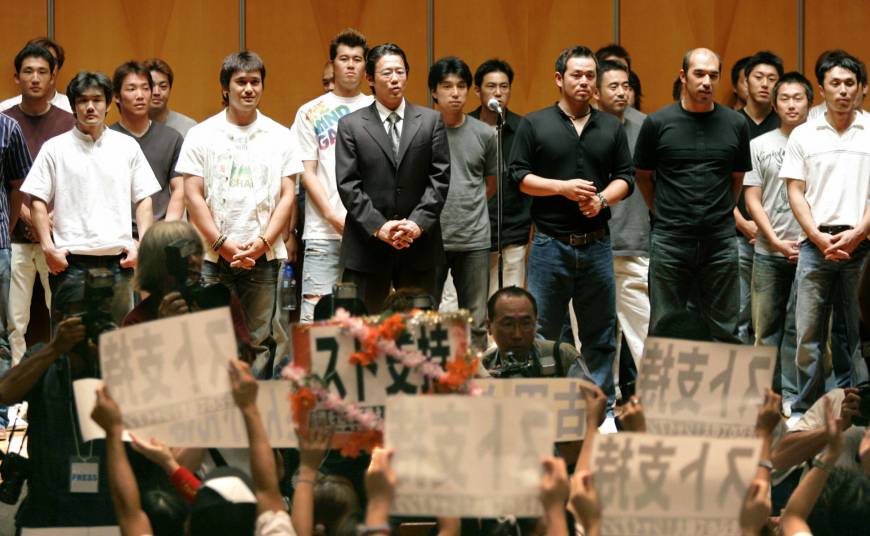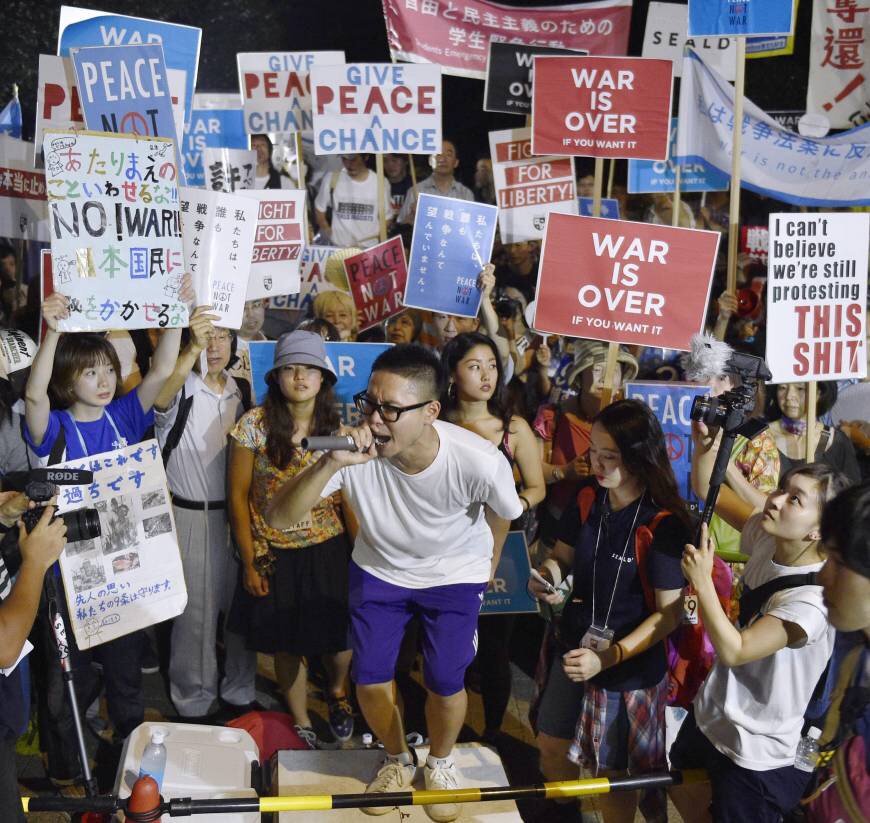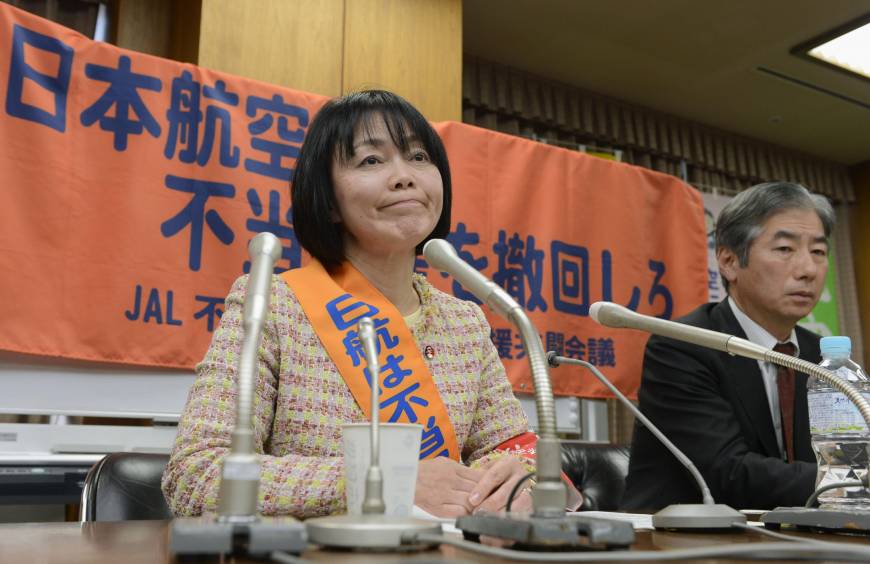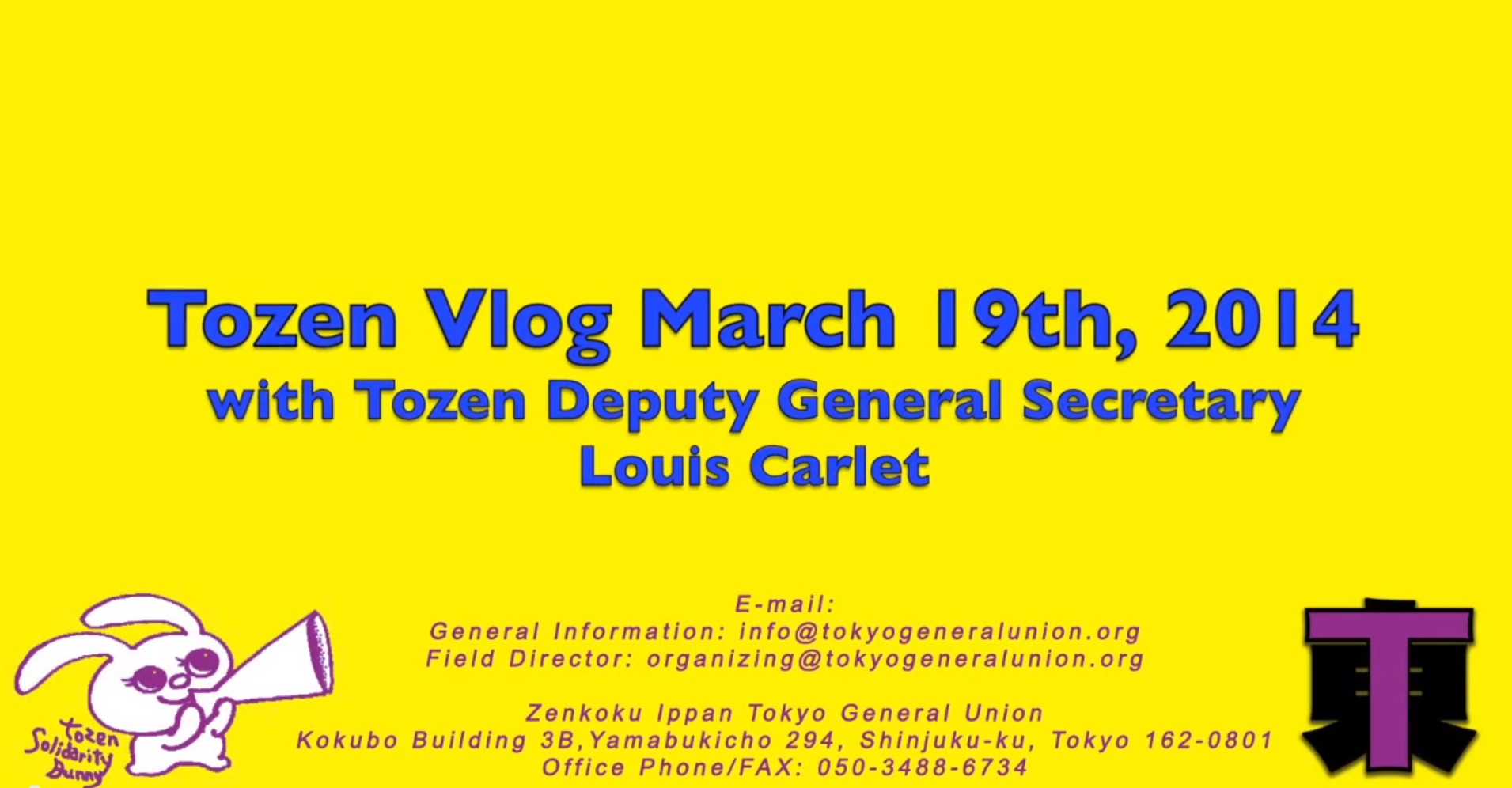Eleven years ago, baseball players walked off the field in protest for the first time in the seven-decade professional history of the game in Japan.
Owners wanted to consolidate two of the dozen pro teams, without offering a replacement. Players opposed the merger and were outraged that they had been kept out of the decision-making process. Atsuya Furuta of the Tokyo Yakult Swallows led collective bargaining on behalf of the Japan Professional Baseball Players Association union. Talks broke down and players struck six scheduled games over two days.
Players reached out to their fans with signing and photo events. Most fans sided with the striking players, but a vocal minority accused them of selfishness and having insulted their fans.
It always strikes me as odd how striking workers — rather than stubborn bosses — are often the ones accused of greed. The players did not take the decision to strike lightly; they had agonized over the decision and certainly were not taking their fans for granted. They made impassioned appeals to the fans that a strike was the only way they could save the wonderful spirit of the game.
Read more

